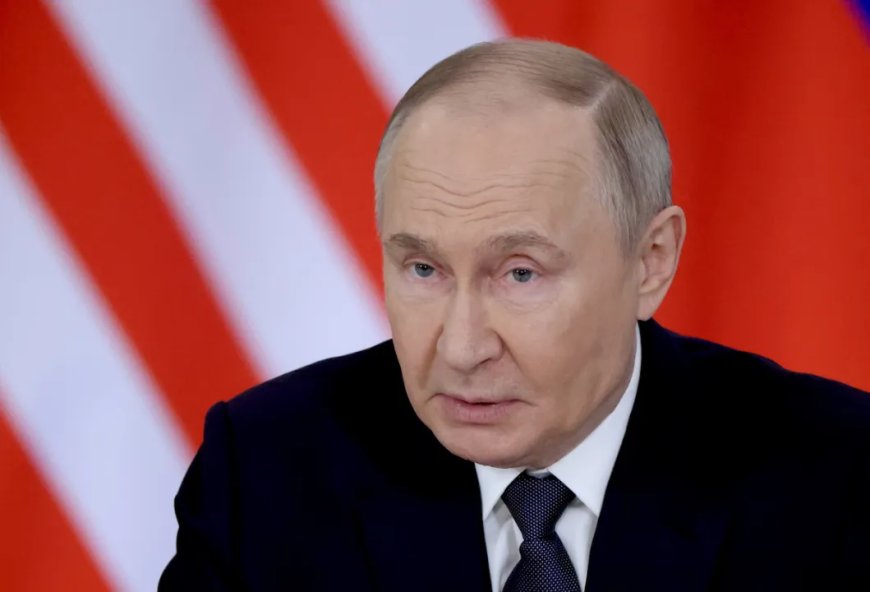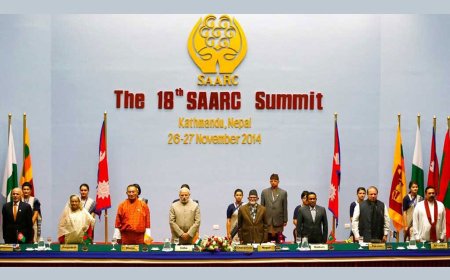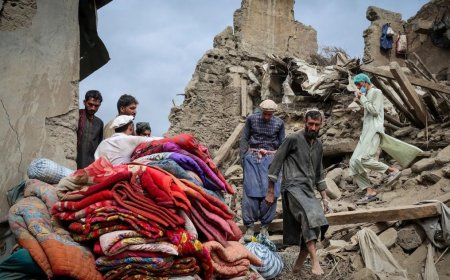Putin seeks mediator role in Israel-Iran aerial conflict
Putin seeks mediator role in Israel-Iran aerial conflict

Putin Seeks Diplomatic Spotlight Amid Israel-Iran Conflict
Vladimir Putin is viewing the escalating conflict between Israel and Iran as a chance to reassert himself on the global stage, over three years into Russia’s war in Ukraine.
The Russian president has positioned himself as a potential mediator, though experts question his credibility given Moscow’s deep ties to Tehran and its own aggression in Ukraine.
Russia’s invasion of Ukraine and the ongoing war in Gaza have strained its traditionally strong relationship with Israel, which hosts a large Russian expatriate community. Meanwhile, Moscow has significantly strengthened its military alliance with Iran.
Following Israel’s recent strikes on Iranian targets, Putin wasted no time in calling both Israeli Prime Minister Benjamin Netanyahu and Iran’s President Masoud Pezeshkian to offer mediation. "By portraying itself as an indispensable go-between, Moscow aims to reclaim diplomatic relevance despite its pariah status in Europe," said Nicole Grajewski of the Carnegie Endowment for International Peace. She added that Moscow is eager to shield its Iranian ally from any regime change that might bring a pro-Western government to power.
Earlier this year, Russia and Iran signed a sweeping strategic partnership to deepen military cooperation. Ukraine and its allies have long accused Tehran of supplying Moscow with drones and short-range missiles used in the Ukraine war.
‘Not an impartial broker’
Russia is also trying to rebuild its influence in the Middle East after losing ground when its ally Bashar al-Assad faced setbacks in Syria’s civil war. Moscow had previously leveraged regional conflicts to end its own isolation after sanctions over its 2014 annexation of Crimea — backing Assad and participating in the 2015 Iran nuclear deal negotiations.
But now, Russia’s closer alignment with Tehran could undercut its claim to neutrality. “Because Russia is perceived as Iran’s ally, its mediation will not be trusted by Europe or Israel,” said Russian political analyst Konstantin Kalachev. “A mediator must be neutral.”
French President Emmanuel Macron has openly dismissed Putin’s bid to mediate. "I do not believe that Russia — engaged in a high-intensity conflict and in violation of the UN Charter — can serve as a mediator," Macron said over the weekend.
When asked about responses to its proposal, Kremlin spokesman Dmitry Peskov acknowledged on Tuesday that Israel appears unwilling to engage in any mediation or peace process at this time.
‘Trying to woo Trump’
One notable exception is Donald Trump, who has indicated he’s open to Putin’s involvement as a mediator. Trump’s outreach reflects a broader shift in US policy under his leadership, as he seeks to re-engage Putin despite Russia’s continued aggression in Ukraine.
Putin may also see this as an opening to recalibrate ties with Washington, especially as Trump expresses growing frustration over the Ukraine conflict’s ongoing stalemate.
"Russia is courting Trump on matters beyond Ukraine," said Kastoueva-Jean.
Even before Israel’s latest strikes on Iran, Putin had floated the idea of mediating between Washington and Tehran over Iran’s nuclear programme.
Yet for many, Putin’s peacemaking overtures remain deeply troubling. “It would legitimize Russia as a great power at a time when it’s conducting the largest war of aggression on European soil since World War II,” warned Anna Borshchevskaya of The Washington Institute.
What's Your Reaction?






















































































